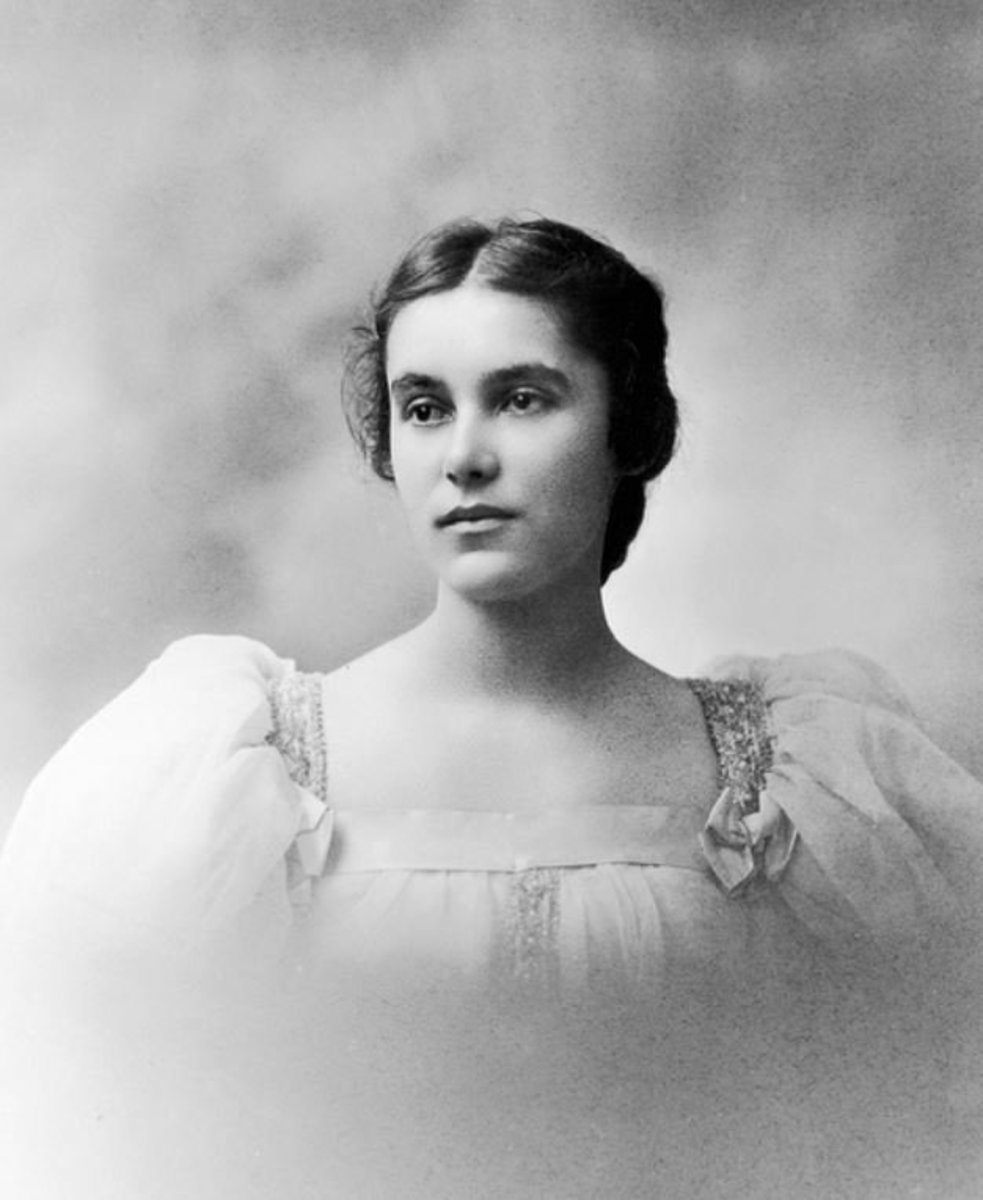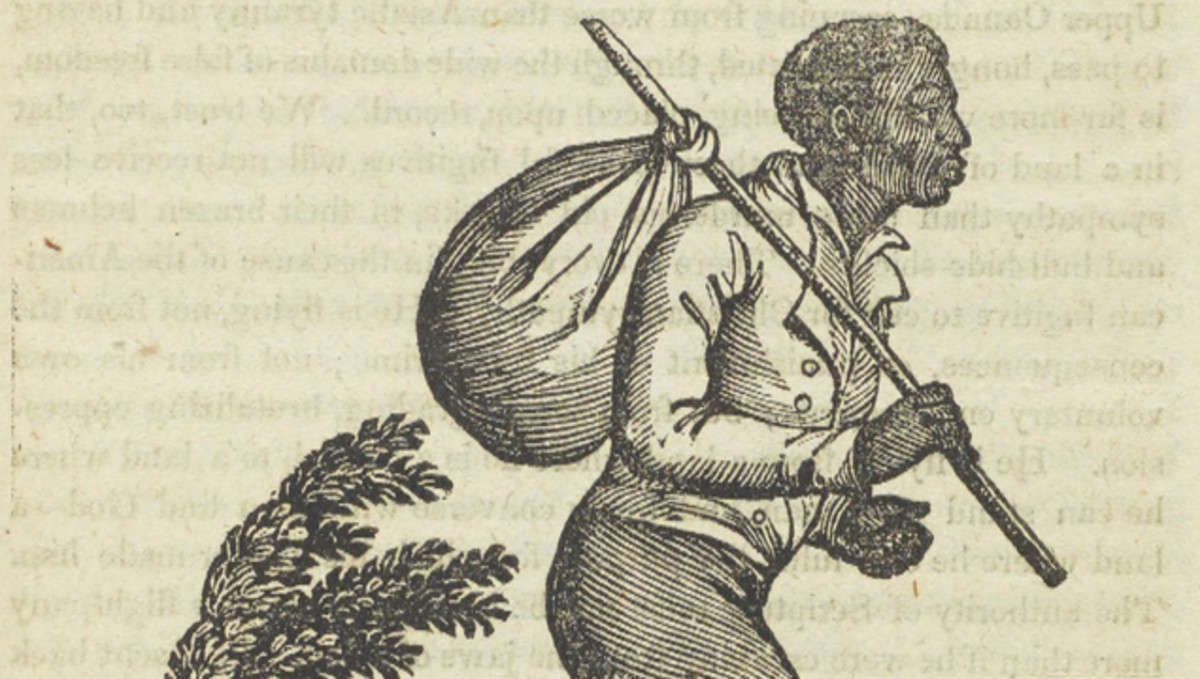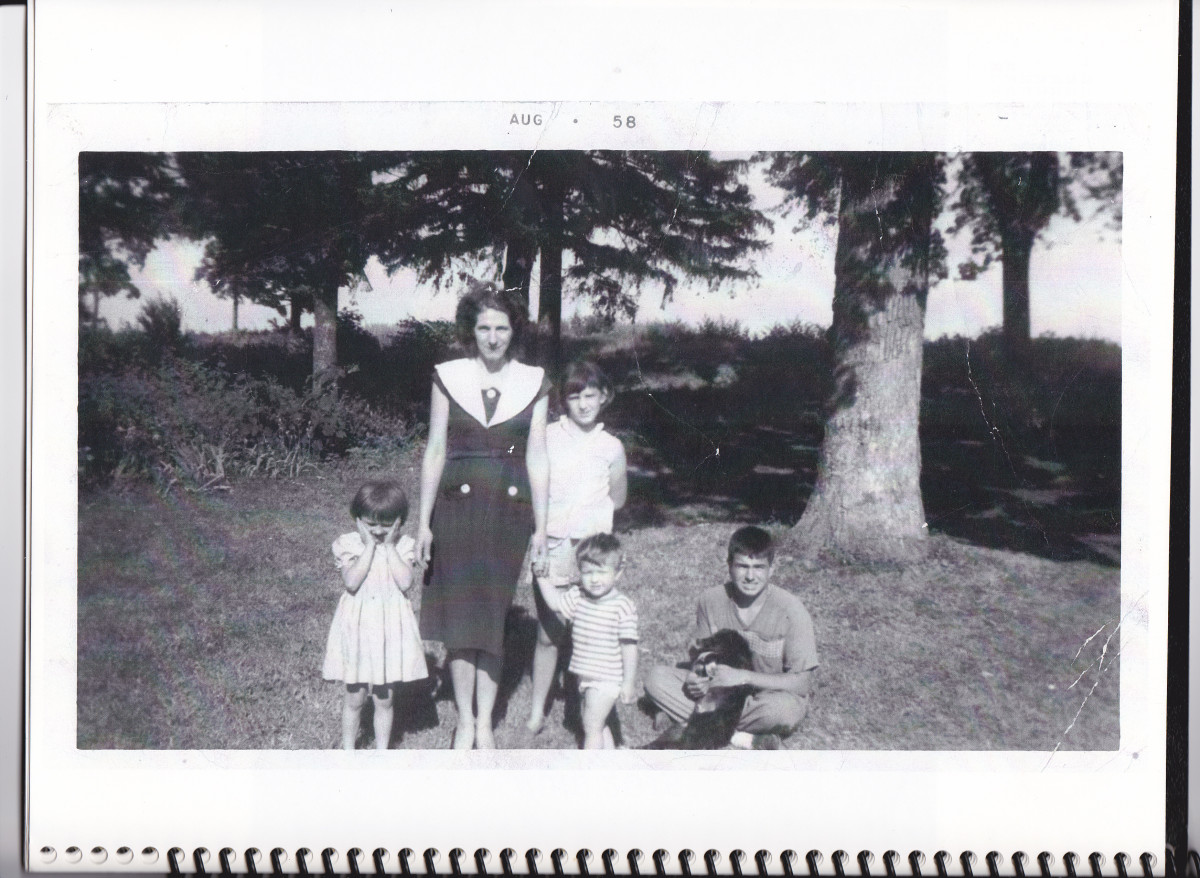What is it like to be African-American
African Americans and Identity: What it Has Been Like Being Black in America
African Americans have always been excluded in one way or another in American society. Whether political, racial, or just plain ignorance, African Americans have had to gain citizenship even though they are just as much a part of the country as any other race. It is because of this exclusion that African Americans have had a hard time identifying their group identity. According to Rebecca Kook, “Most Americans identify themselves as Americans (hyphenated or not)” and African Americans are no exception. America is supposed to be a fundamentally equal place to live, “born out of the fact that America—as opposed to Europe—lacked a feudal social structure; generated civic identity; and associated more with the free exercise of civil rights than with a particular history, ethnicity and cultural tradition” (Kook 156). Even though America was founded on these things it discriminates against its very own, African Americans only because of their skin color differs from the majority in America.
Since America was born it was supposed to be a place where discrimination was kept at a minimum, but instead of an American “collective” identity minorities were kept as property and their identities taken from them. The “so-called” values that America was built on were put in place only to be manipulated to fit certain situations. After the 15th amendment was put in place, it, “assumed to incorporate a people, without designating any concrete mechanisms that determine exactly who constitutes this people” (Kook 157). Even though America is supposed to include all of its members of the American race, for a very long time and sometimes still today it excludes African Americans. Also according to Kook when the value system of America was designed, “it enabled all of the main theorists to maintain the universalistic vision of American identity, while acknowledging the reality of racism, segregation, reservations, and the like” (158). In other words the system could be used to enforce slavery and other discrimination when necessary. For example when slavery was abolished and African Americans were set free the American system then excluded them by enforcing Jim Crowe laws. The next step for African Americans was to gain some kind of equality and citizenship for them to become educated and trained. After the Civil Rights movements the obtaining the right to vote, and the desegregating of public schools and businesses were some of the greatest moments in African American history and inclusion of them into American society. The gaining of better employment was also a factor in the way African American’s identified themselves. But although these small achievements helped African Americans gain better opportunities, at first their self-image as a group was low.
According to J. E. Porter and R. E. Washington early research on racial paradigms of group images of African Americans, “assumed that the racial self-image of African Americans was invariably damaged, recent studies have been guided by three major social-psychological paradigms; relative deprivation, alienation, and the role of subculture” (Porter and Washington 11). As a result African Americans have found no true identity as Americans because they still are relatively discriminative against. Compared with white Americans, African Americans are deprived of power and prestige but as a result they have developed a “high” sense of racial self- esteem (Porter and Washington 11). It was the movement and awareness of the black consciousness that was stressed in the 1960’s that led to the shift in self-esteem. And with this shift in self-esteem African American pride led to inclusion it also led to the forgetting of a unique black identity to one that was westernized.
For Joseph Baldwin the heightened pride of African Americans was “a lack of true racial cultural consciousness” (178). Baldwin feels this way because even though Americans have decided to become more educated they are dependent intellectually on Europeans. He feels that, “the values and attitudes as well as African American politics and so-called leadership itself are all merely imitative of the European community” (178). It seems that Baldwin feels that, as African Americans they should create their own identity not try to imitate one that does not recognize them as citizens and excludes them on several occasions. He feels that that they should create their own sense of politics, education, values, etc. Not having a black identity is the way to psychological destruction of the African American and Western oppression.
Western oppression not only distorts the psychological adaptiveness of African Americans, it will eventually destroy it (Baldwin 1780). As a result black personality has become “estranged from its natural condition under the ‘unnatural’ influence of the western reality structure that dominates American society” (180). Even if African Americans wanted a collective identity of their own they identify with so many different groups and issues that it is hard to gain one true identity. It is because of the way black personality is identified by Western society that causes African Americans to lose their own identity and emerge with one that excludes them.
Vetta L. Sanders Thompson notes that:
African American identification is part of a process by which a self is constructed and understood and a basic psychological need is satisfied via the establishment of a sense of belonging and symbol around which a group of similarly affected people may organize for effective collective action (11).
The group should also establish a clear sense of what exactly they identify their group with by discussing it openly amongst each other. For African Americans to have a clear understanding of who and what they want to be associated with they need to keep an open communication of what it is to be African American. It is argued that there will be mixed feelings positive and negative about the feelings individuals have about disadvantages, privileges, roles, and specific identity (Thompson 76). Thompson says, “It is based not only on physical characteristics, but also on cultural and political alliances, ancestry and history” (Thompson 78). These identities are separate and unevenly developed and are also diminishing. In order for there to be a stronger association with blackness African American will need to gain awareness to regain a stronger African American identity (Thompson 78). As an African American I feel that we are indeed losing our identity to the mainstream of what it is to be American.
Even though African Americans want to be treated equal and have equal opportunities as white Americans I don’t think we need to lose our own identity just to get them. I remember listening to Dr. Carmen Harris say that she took her dreds out because she wanted more respect from her students and colleagues at the school. I don’t feel that we need to lose ourselves in order to gain acceptance. If anything we need to demand respect for our culture. We do not need to convert and lose our own identity to be included in mainstream America. We are a part of America and our identity is a result of what America has done to us, has offered us, has taken way from us as well and given us. Being black in America is like being locked outside of your own home we have a key yet we still cannot get in. No matter how hard we try African Americans will lose the little things that make us who we are by letting America rob of us our heritage and culture if we let it do so.
Bibliography
Baldwin, Joseph A. “African Self Consciousness and the Mental Health of African Americans.”
Journal of Black Studies 15 (1984): 177-194. JSTOR. 23 April 2007 <http://www.jstor.org/search>.
This article expands of the ideas of James Baldwin’s Afrikan Black Personality. It looks at the way Western Europe has psychologically oppressed blacks and as a result black personality is influenced by it.
Kook, Rebecca. “The Shifting Status of African Americans in American Collective Identity.”
Journal of Black Studies 29 (1998): 154-178. JSTOR. 23 April 2007. <http://www.jstor.org/search>.
This article is about the idea of African Americans and citizenship in America. It goes into details about what it is like to be a citizen in America and goes over the ways the system of America has excluded African Americans.
Thompson, Vetta L. Sanders. “The Complexity of African American Racial Identification”.
Journal of Black Studies 32 (2001): 155-165. JSTOR. 23 April 2007.
<http://www.jstor.org/search>.
This article is about how difficult it is to describe what African American identity is because it is so diverse and has so many different factors and views on the issue. It also shows the research done on this subject.
Thompson, Vetta L. Sanders. “A Multifaceted Approached to Conceptualization of African
American Identification.” Journal of Black Studies 23 (1992): 75-85. JSTOR. 23 April
2007. <http://www.jstor.org/search>.
This article talks about the interest in African American identity and racial identity.
Washington, R.E. and J. R. Porter. “Minority Identity and Self-Esteem.” Annual Review of
Sociology 19 (1993): 139-161. JSTOR. JSTOR. 23 April 2007. <http://www.jstor.org/search>.
This article looks at self-esteem among minorities such as African Americans as well as Hispanics and Asians.
Works Cited
Baldwin, Joseph A. “African Self Consciousness and the Mental Health of African Americans.”
Journal of Black Studies 15 (1984): 177-194. JSTOR. 23 April 2007 <http://www.jstor.org/search>.
Kook, Rebecca. “The Shifting Status of African Americans in American Collective Identity.”
Journal of Black Studies 29 (1998): 154-178. JSTOR. 23 April 2007. <http://www.jstor.org/search>.
Thompson, Vetta L. Sanders. “The Complexity of African American Racial Identification”.
Journal of Black Studies 32 (2001): 155-165. JSTOR. 23 April 2007.
<http://www.jstor.org/search>.
Thompson, Vetta L. Sanders. “A Multifaceted Approached to Conceptualization of African
American Identification.” Journal of Black Studies 23 (1992): 75-85. JSTOR. 23 April
2007. <http://www.jstor.org/search>.
Washington, R.E. and J. R. Porter. “Minority Identity and Self-Esteem.” Annual Review of
Sociology 19 (1993): 139-161. JSTOR. JSTOR. 23 April 2007. <http://www.jstor.org/search>.








